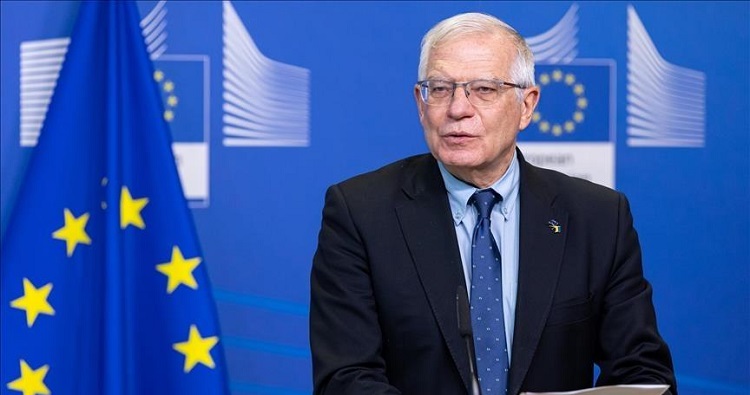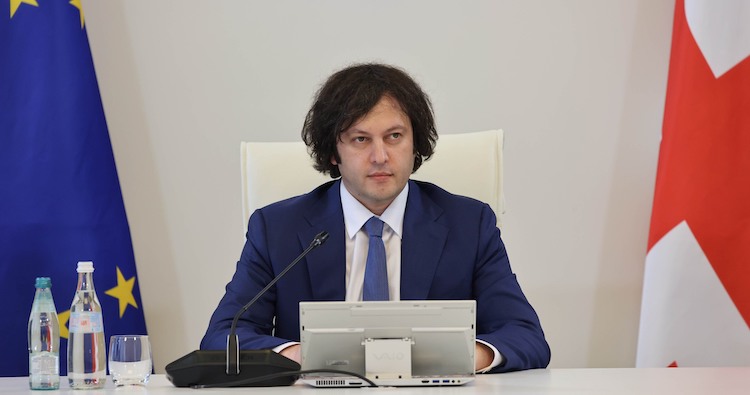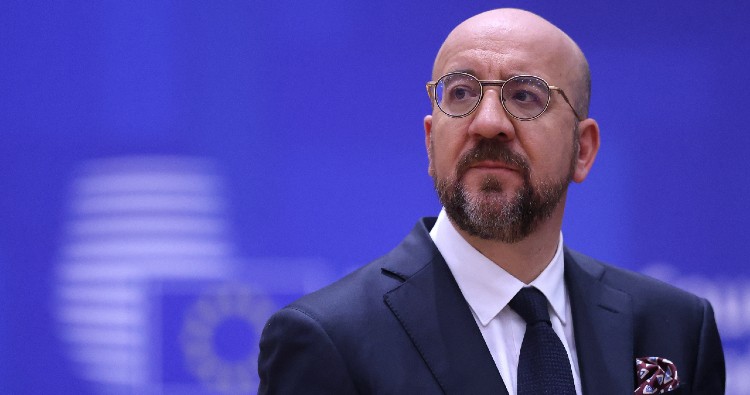EU High Representative urges Georgian political leaders to withdraw transparency bill

As an EU candidate country, Georgia is expected to comply with the Copenhagen criteria, which specifically require adherence to principles of democracy, the rule of law and human rights, Borrell noted, and highlighted “only meaningful and irreversible progress in these fundamental areas determine the opening and overall pace of accession negotiations”. Photo via EU
Josep Borrell, the European Union High Representative for Foreign Affairs, on Wednesday urged the political leaders of Georgia to withdraw the draft law on transparency of foreign influence and said it was “clear” that this bill was “incompatible” with the EU norms and values.
In his address at the European Parliament Plenary Session, Borrell noted the adoption of the transparency bill, which calls for the registration of non-commercial legal entities and media outlets in the country as “pursuing the interests of a foreign power” if they derive more than 20 percent of their funding from abroad, would “jeopardise Georgia’s progress on the EU path”.
He also responded to public protest in Georgia over the draft law and emphasised that “thousands of Georgian citizens” were demanding the withdrawal of the law once again, following last year's protest on the same bill which resulted in the ruling Georgian Dream party’s decision to retract it.
We have seen impressive scenes from Georgia last year already. Citizens of all ages holding Georgian and European flags showing their strong attachment to democracy, to our shared European values and to Georgia’s path towards the EU”, Borrell stressed, recalling the Government’s “public pledge” to the citizens that “such legislation would never come back”.
The EU High Representative pointed out that the proposed legislation would limit the capacity of Georgian “vibrant and diverse” civil society “that has contributed to the country’s successful progress towards EU membership” and media organisations to operate freely. It would “unfairly stigmatise organisations that deliver benefits to the citizens of Georgia”, he added.
He said the bill would also impact the EU’s support to the Georgian people, as “a part of it is channelled through NGOs” and stressed that transparency should not be used “as an instrument to limit civil society’s capacity to operate freely”.
As an EU candidate country, Georgia is expected to comply with the Copenhagen criteria, which specifically require adherence to principles of democracy, the rule of law and human rights, Borrell noted, and highlighted “only meaningful and irreversible progress in these fundamental areas determine the opening and overall pace of accession negotiations”.
In his speech, the High Representative also urged the Georgian leaders to “foster” national consensus around the goal of joining the EU and stressed the importance for all political leaders to “reduce polarisation and engage positively and constructively” with each other and with the civil society.
 Tweet
Tweet  Share
Share



